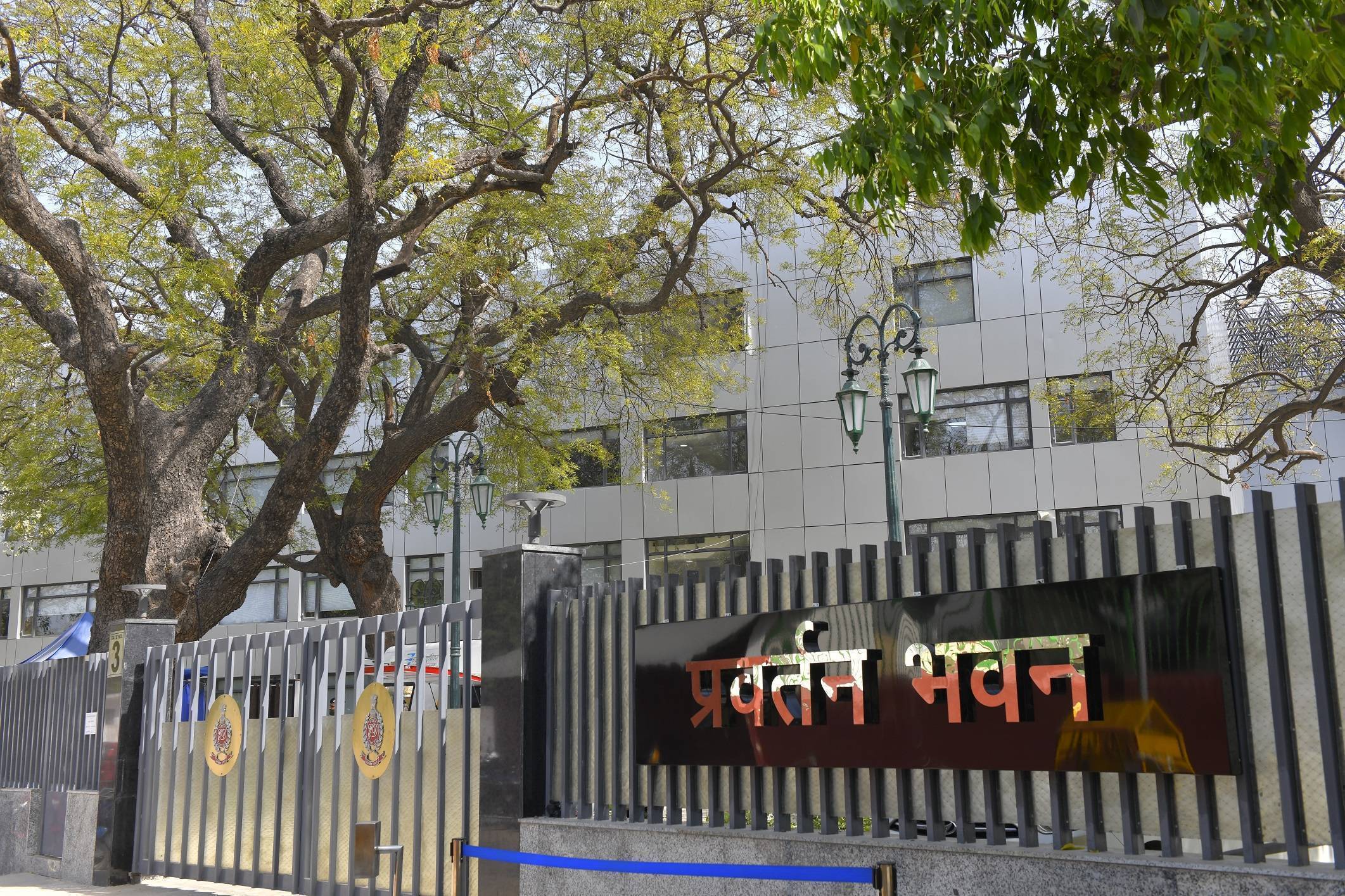The Andhra Pradesh High Court has directed the immediate release of a Guntur-based realtor who had been held in judicial custody for nearly three years after being remanded by the district consumer redressal commission. The court held that procedural safeguards guaranteed under law were not followed by the commission while ordering the detention of the individual.
A division bench comprising Justices R. Raghunandan Rao and Sumati Jagadam passed the order while hearing a habeas corpus petition filed by Shaik Allabakshu, the brother of the detainee, Syed Allabakshu. The court emphasized that no individual can be imprisoned without strict adherence to statutory procedures, particularly those that protect the right to liberty under the Constitution.
Background of the Case
The case stems from a real estate dispute involving the company Vijaya Saradhi Housing Pvt. Ltd., based in Guntur. The firm had floated a residential layout in Vankayalapadu village, offering plots for sale to multiple buyers. According to complaints filed before the Guntur district consumer redressal commission, the company collected advance payments but failed to hand over plots to the buyers. Subsequent inquiries revealed that the company had not acquired the land it had claimed to develop.
In 2019, the consumer forum ruled in favor of the complainants and directed Syed Allabakshu, the managing director, along with his wife, to refund the payments with 12% annual interest. It also awarded compensation of ₹50,000 per complaint, ₹20,000 for mental agony, and ₹2,000 towards legal costs.
Detention and Legal Challenge
Following non-compliance with the commission’s 2019 order, the buyers filed penalty petitions in 2021. The consumer commission began proceedings in 2022 and issued bailable warrants after the respondents failed to appear. On July 20, 2022, Syed Allabakshu was taken into custody and produced before the commission. He was remanded for 14 days and has remained in custody ever since, with periodic extensions of his remand.
Challenging the continued detention, his brother filed a habeas corpus petition, arguing that the detention lacked legal foundation and violated the safeguards under the Consumer Protection Act.
High Court Observations
Upon examining the records, the High Court noted that the consumer commission had invoked Section 27 of the Consumer Protection Act, 1986, which allows imprisonment for up to three years in cases of non-compliance with commission orders. The court observed that the 1986 provision corresponds to Section 72 of the Consumer Protection Act, 2019.
However, the bench held that such punitive action can only be taken if the commission explicitly records a finding of non-compliance after a hearing and due process. In this case, the commission had not recorded any such finding before ordering the remand.
The court stated that “liberty is the most sacrosanct right available to every citizen” and cannot be curtailed through a process that does not meet legal standards. It further noted that the commission’s actions, in this case, did not align with constitutional protections against arbitrary detention.
The High Court ordered the immediate release of Syed Allabakshu from jail and instructed the commission to withdraw any further remand orders issued in other related complaints. The court clarified that its ruling does not preclude the consumer commission from continuing its inquiry into the penalty petitions or from passing orders in accordance with law.
The judgment draws attention to the scope and limits of the consumer redressal system and its powers under the law. The court underscored the importance of procedural compliance, especially when dealing with quasi-judicial powers that affect personal liberty.
The ruling is expected to have broader implications for consumer redressal commissions across the country, many of which are increasingly handling cases involving substantial amounts and serious allegations. The decision affirms that any form of penal action, particularly incarceration, must be based on a clear judicial finding and must follow due process.
Image source- ecommitteesci.gov.in









